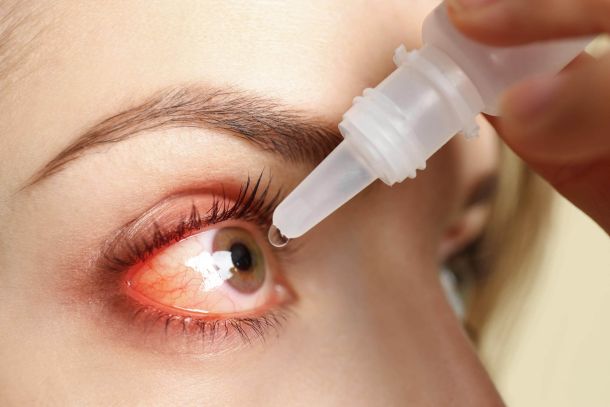Different types of lip allergies and how to treat them
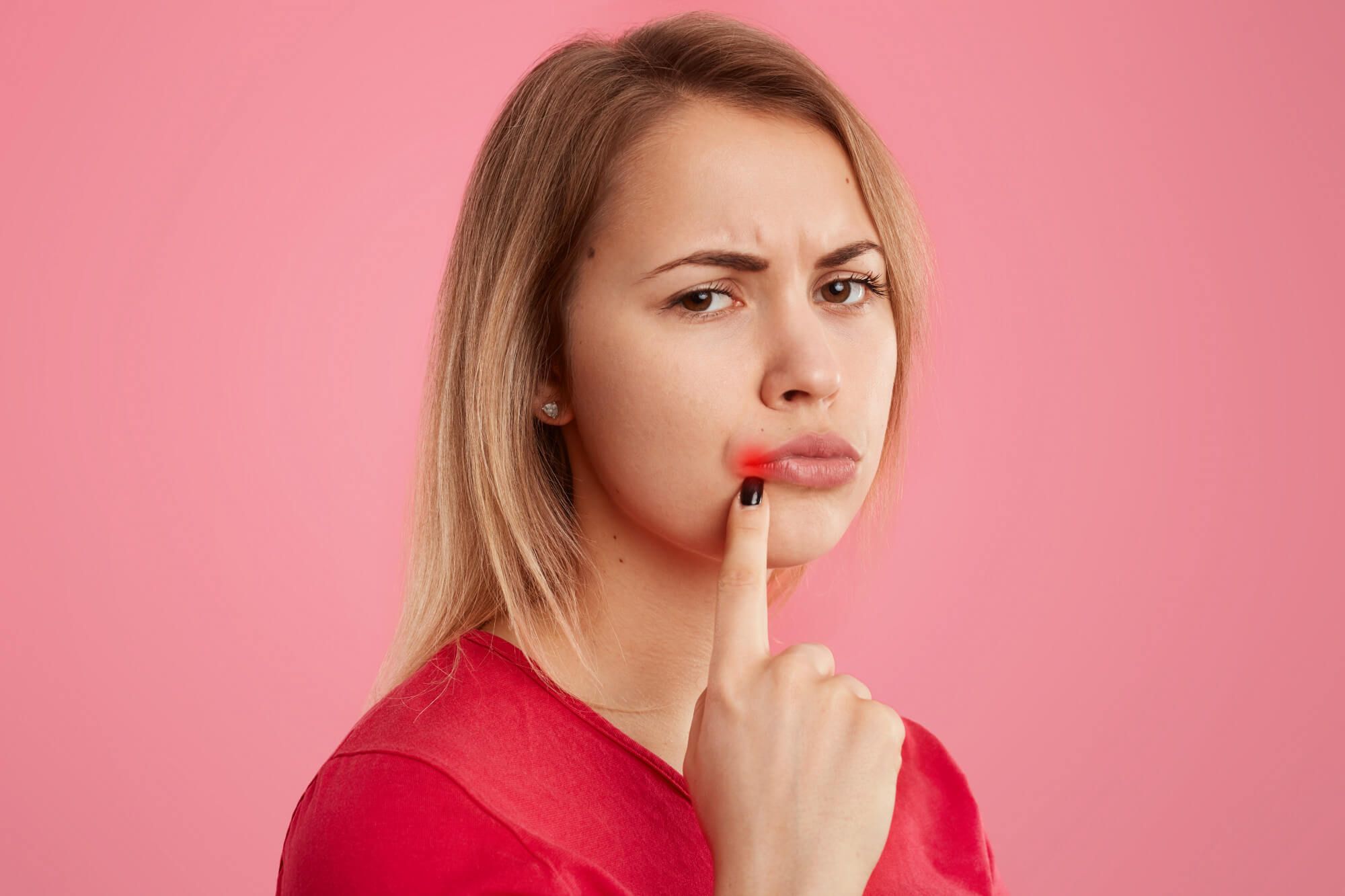

Irina Makarova
Lip allergy is a common and unpleasant condition that can occur in people of all ages. It can manifest as allergies on the upper lip, allergies around the lips, or even allergic lip swelling. It is important to know what an allergic reaction looks like, how to treat a lip allergy and what to do to prevent it.
What are lip allergies?
Lip allergy is the body's immune response to exposure to certain substances called allergens. As a result of this reaction, various symptoms such as itching, redness, swelling and cracking can appear on the lips.
Causes of lip allergies
Contact allergies on the lips result from direct contact of the lips with allergens. Among the most common causes are:
- A variety of cosmetic products such as lipsticks, glosses and lip balms can cause an allergic reaction on the lips.
- Certain foods, such as fruits, nuts, and dairy products, can cause allergies around the lips in a person with food allergies.
- In rare cases, toothpaste can cause an allergic reaction on the lips because of the content of certain ingredients such as fluorides, menthol, or other additives.
Atopic dermatitis is a chronic inflammatory skin condition that can occur on various parts of the body, including the lips. It is caused by genetic predisposition and is often accompanied by other allergic diseases such as asthma and allergic rhinitis.
Oral allergy syndrome (OAS) is an allergic reaction to certain foods caused by cross-reactivity between food allergens and plant pollen allergens. OAS can manifest as allergies on the upper lip and other parts of the mouth.
Symptoms of lip allergy
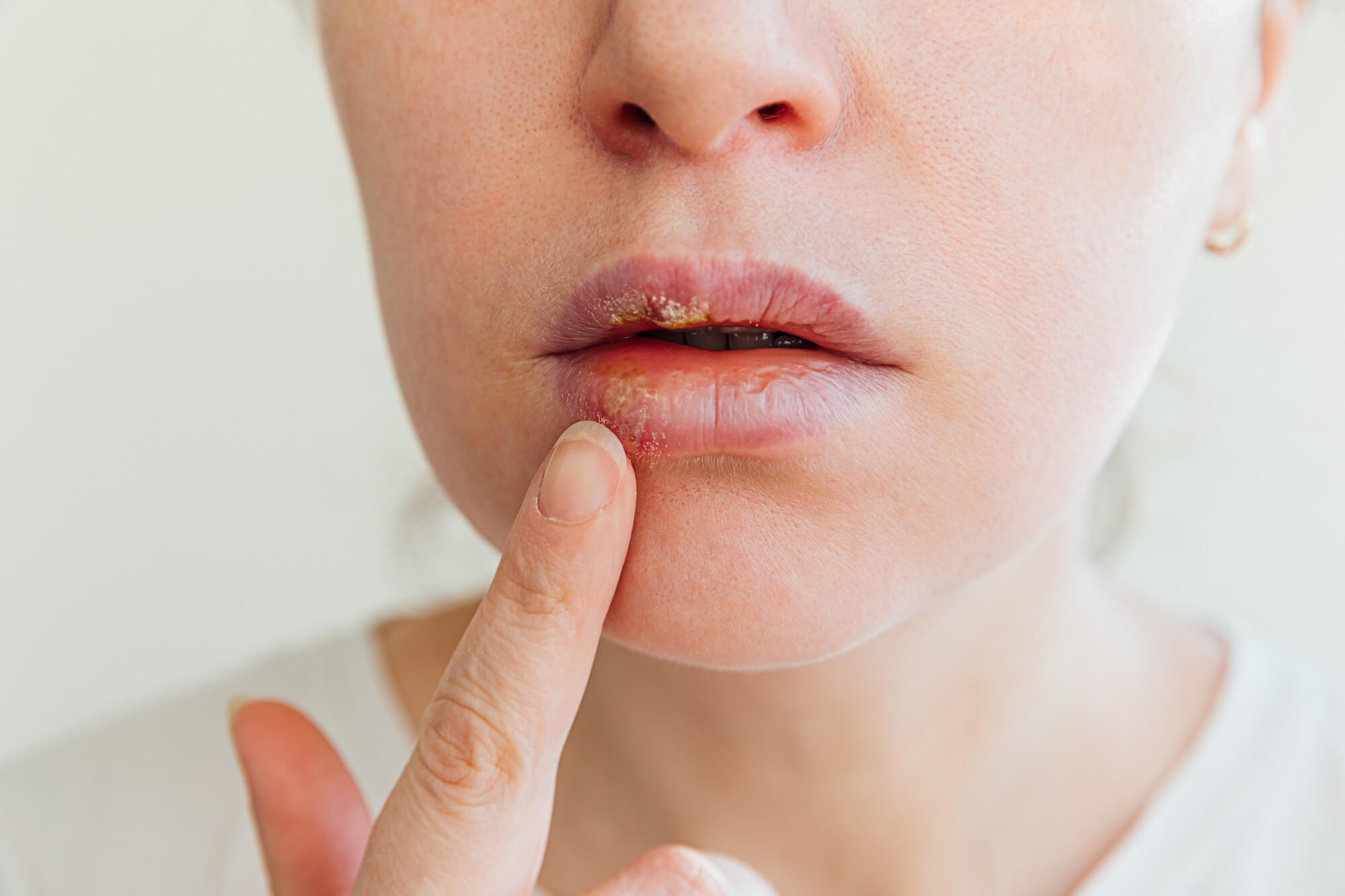
External manifestations
- Allergies on the lip can manifest as redness, itching, and skin irritation.
- In some cases, swelling and small blisters filled with fluid may appear on the lips.
Internal manifestations
- Allergies around the lips can cause dryness and cracking of the skin surface.
- Allergic lip swelling can cause pain and discomfort, especially when the lips are touched or moved.
Diagnosis of lip allergy
- An allergist performs a visual examination of the lips to determine the nature and severity of symptoms.
- The doctor collects a medical history, clarifying possible contacts with allergens and the presence of other allergic diseases in the patient or his relatives.
- Allergy tests, such as skin tests or blood tests for specific antibodies, may be performed to clarify the diagnosis.
Treatment of allergies on the lips
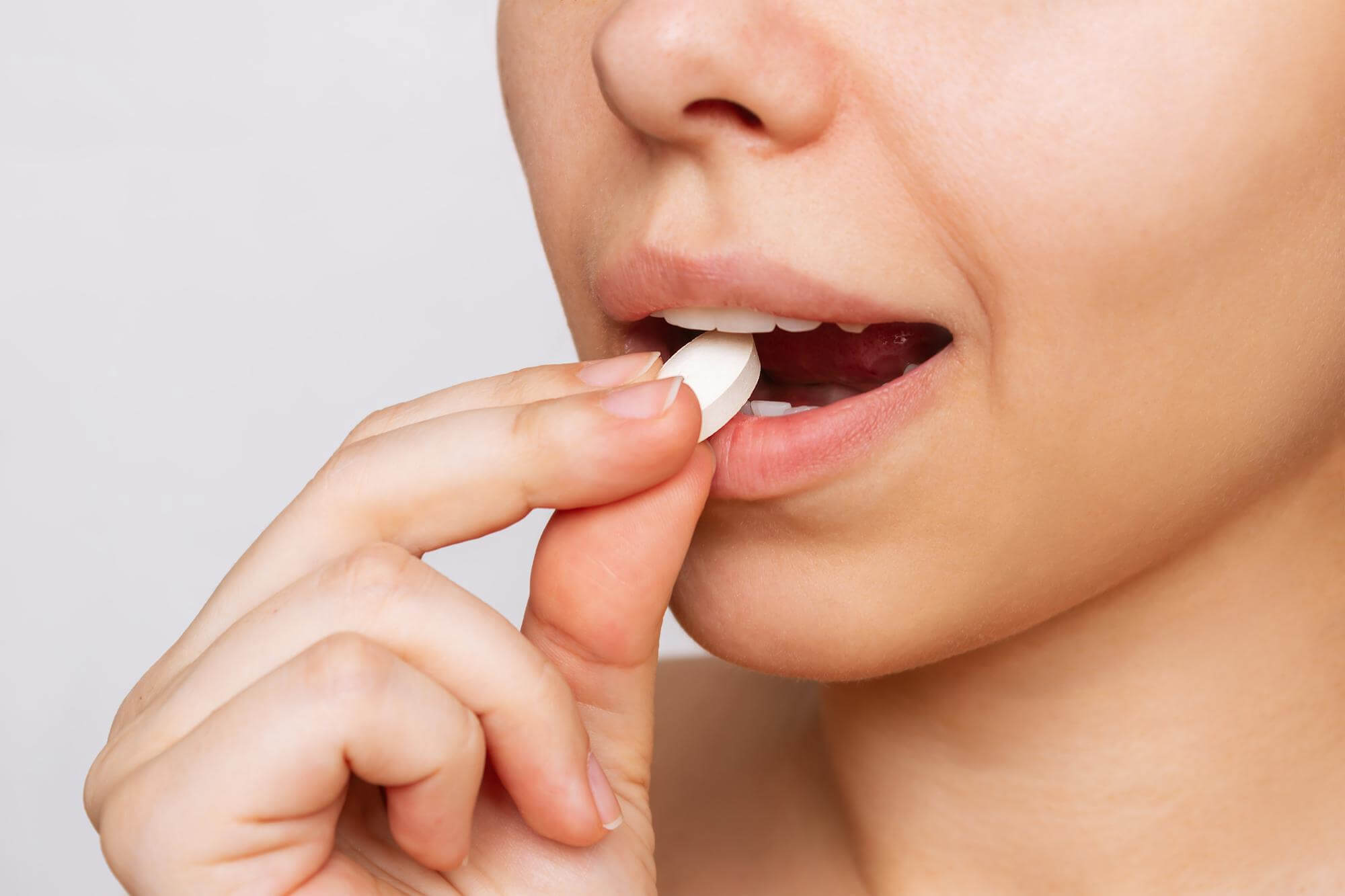
The first step in treating lip allergies is to identify and avoid contact with allergens. This may require changing your diet, changing your cosmetics, or using hypoallergenic toothpaste.
Topical remedies
Hydrocortisone ointments have anti-inflammatory and anti-itching properties that help reduce the symptoms of lip allergies.
Using moisturizers and soothing products, such as creams and lip balms, can help relieve dry, itchy, and irritated skin.
Systemic treatment
Antihistamines such as loratadine, cetirizine, or fexofenadine may be used to relieve allergic lip swelling and other allergy symptoms.
Severe cases may require systemic use of corticosteroids, such as prednisolone, to eliminate inflammation and reduce the immune response.
Comprehensive therapy
Physical therapy can be helpful in improving blood circulation and speeding up the healing process of affected skin areas.
Psychotherapy can help manage the stress and negative emotions associated with lip allergies.
Preventing lip allergies
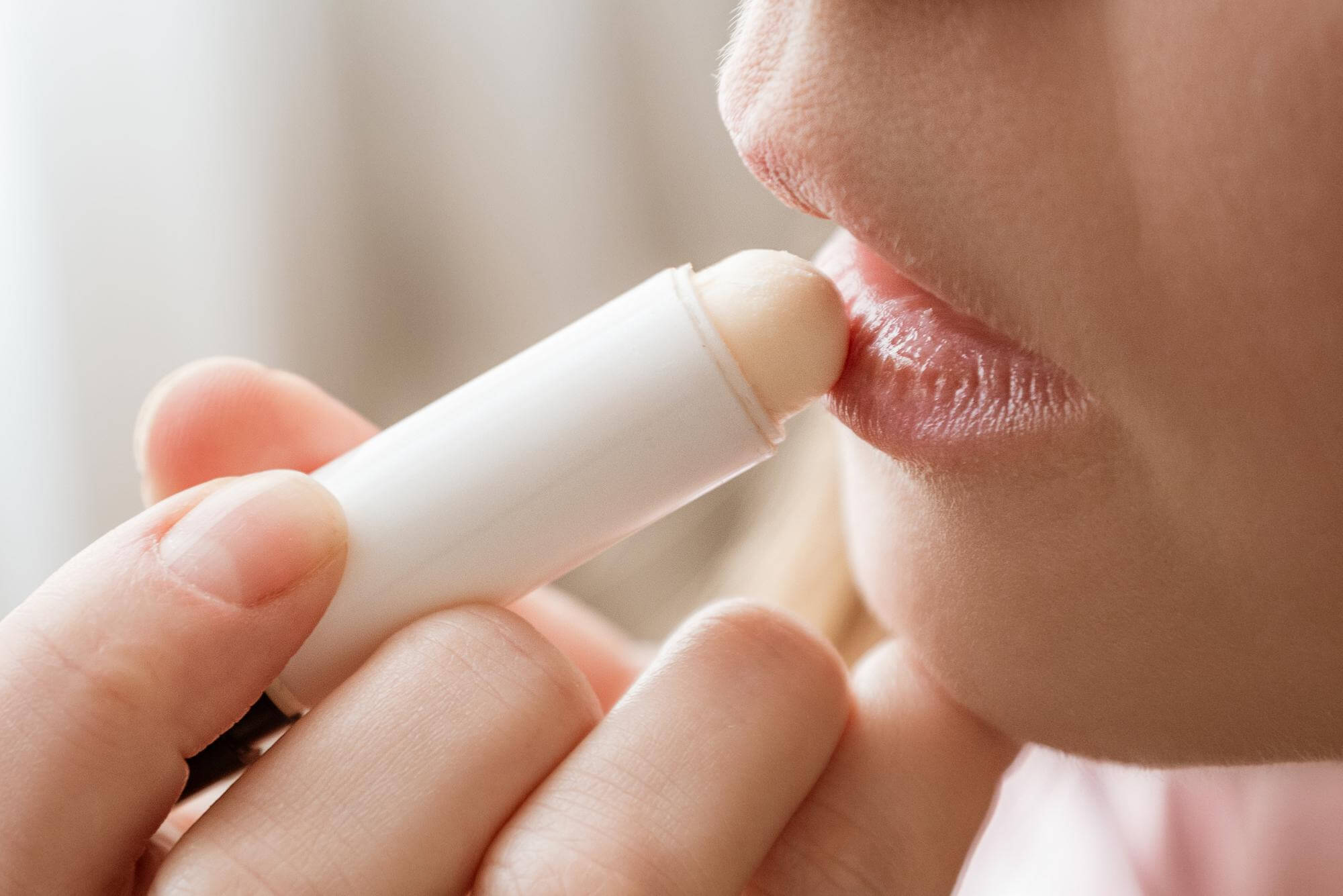
There are a number of preventative measures you need to take to prevent allergies on your lips:
- Use hypoallergenic cosmetics and toothpastes.
- Observe good personal hygiene and regularly moisturize the skin on the lips.
- Avoid contact with known allergens if you are prone to allergic reactions.
- If you have a food allergy, make a hypoallergenic diet that takes into account your individual tolerance to food.
- Contact an allergist in a timely manner if you suspect a lip allergy.
In conclusion, lip allergy is a common condition that can occur in anyone. It is important to know what an allergic reaction on the lips looks like and to be aware of the possible causes so that you can see a specialist in time and begin treatment. In most cases, allergies on the lips are well treated, and if you follow preventive measures, you can avoid its recurrence.
New materials
Popular Articles
We recommend reading
Contact us in the Contact Us section to ask questions, offer ideas, or for more information about our allergy resource.
Our articles are your trusted source of allergy knowledge. Learn how to make life with allergic reactions easier on our specialized portal.
©
Lechenie-Allergii.com. All rights reserved.
© Lechenie-Allergii.com. All rights reserved.
The information on this site is for informational purposes only and is not a substitute for professional medical advice. We recommend consulting with qualified medical professionals for accurate information and advice.
 English
English  Українська
Українська  Русский
Русский 








